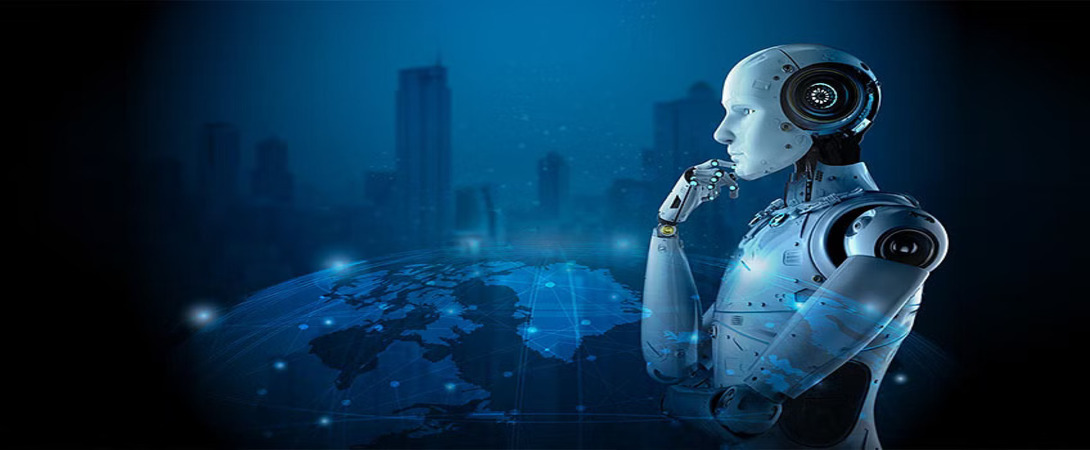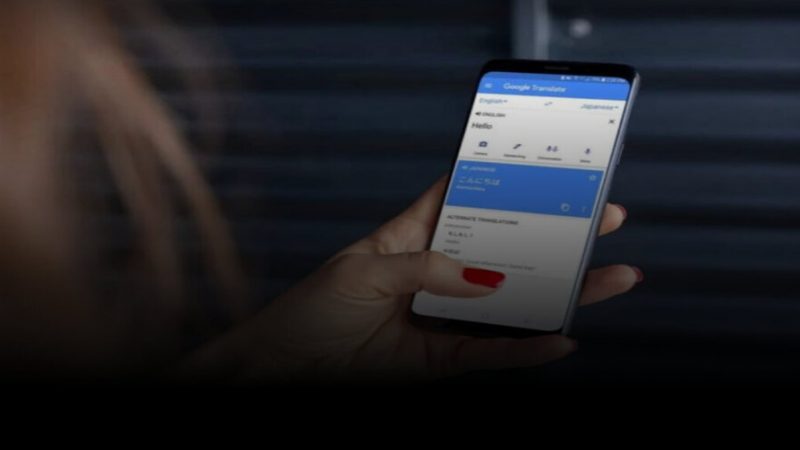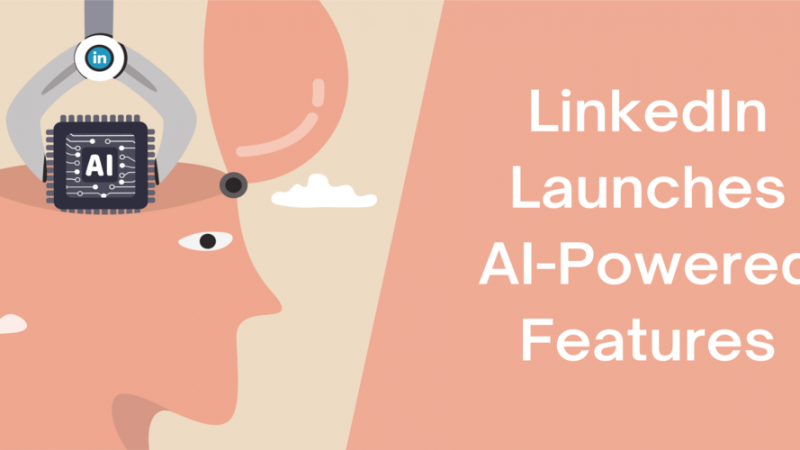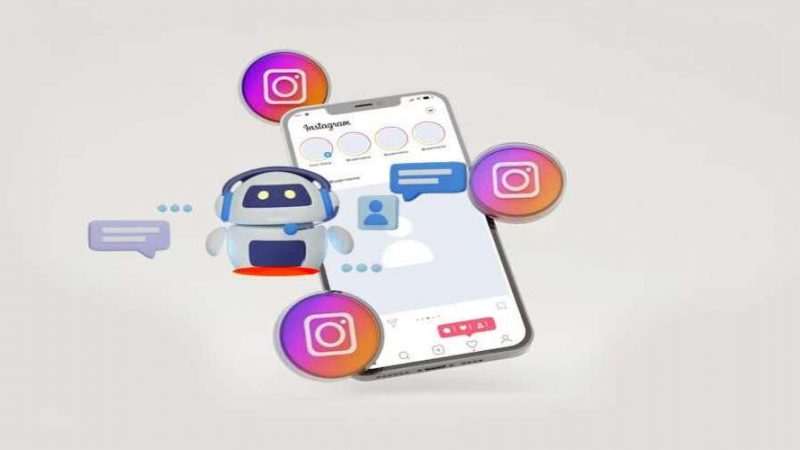Artificial Intelligence (AI) will make computers true servants of humans, says Google CEO

Google CEO Sundar Pichai recently spoke to popular tech YouTuber Arun Maini (MrWhosetheboss) about the future of smartphones and how AI will impact the future transition of computing.
In Short
- Google recently announced a slew of AI tools during the annual Google I/O developer conference.
- The company has also expanded its ChatGPT-rival Bard in 180 countries.
- Bard is now available to all users for free.
The AI debate is on the rise, with chatbots like ChatGPT, Bard, and Bing taking over the tech industry. These new chatbots are in competition with each other to offer the best use cases and simplify the work of humans. From individuals to big firms, everyone is making themselves known to these new AI tools and adapting to the changing system. Amidst all the AI emergence, there is a fear that AI might take up jobs. Critics stress that artificial intelligence will replace humans and take over many human-controlled operations. However, Google CEO Sundar Pichai has a different view. He believes that in the future, AI will not goes against humans, instead it will make tech-like computers true servants for humans.
In a recent interview with YouTuber Arun Maini popularly known as “Mrwhosetheboss,” Google CEO Sundar Pichai discussed the future of smartphones and talked about how it will give a new direction to smartphones. During the conversation, Pichai says that in the future AI will become more natural and intuitive to interact with, unlike today where the tech is in just the early stages.
Google head believes that with its evolution and use, in the future AI will become better at understanding human language, and interacting, and more user-friendly. The technology will become better with time after experience and getting more insights from us and learning from our experiences.
Pichai has quoted that until now, humans have been learning to use new technology like computers and adapting themselves to the new tech. However, in the future, artificial intelligence will help users use these gadgets more seamlessly. Future AI assistance will make tech easier and more convenient for humans. Pichai states that until now, humans were the ones adapting to AI, but in the future, “AI will enable computers to actually adapt to humans.”
Interestingly, in its recent annual developers’ conference, Google launched a slew of new AI features, including Ai chatbot Bard, a Help Me Write tool for Gmail, and a whole lot of AI-backed tools for Google Workspace. The experience with these new AI tools will be more immersive for Pixel users.
As Google transitions to enhance the user interface and experience, Pichai states that with future advancements, the direction of AI will make computing work entirely for users. AI will train the computer interface to function according to our prompts, our lifestyle, and the way we want to use our devices.
“We are at the early stages of this. Just with natural language or when you look at something and you want your phone to understand it, that’s the direction where computing will go,” Pichai explains. “The way we look and the way we talk, us adapting to an interface, in a computer,” he concludes.






